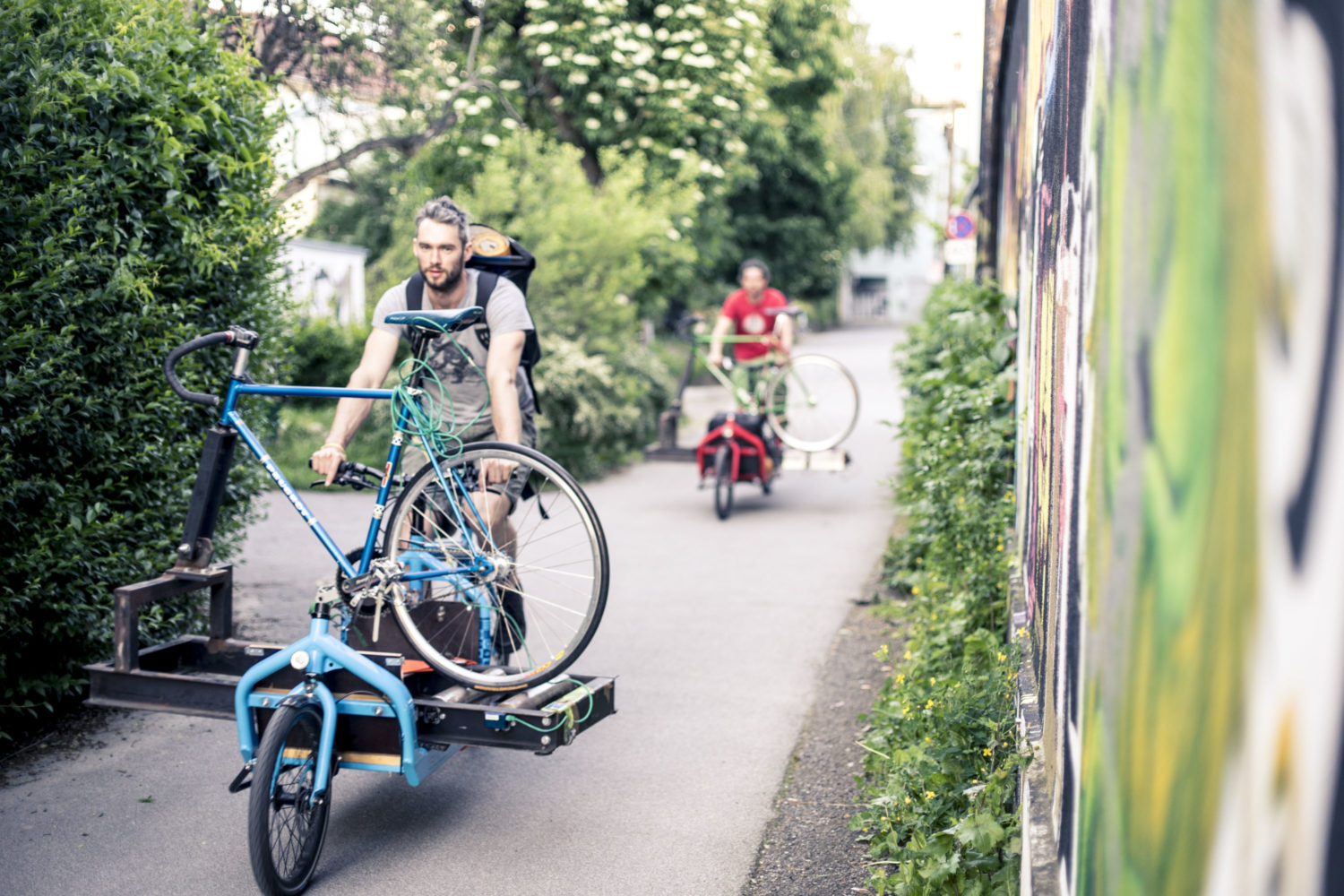
Get out of your car… and onto a cargo-bike
The ambitious plan put forward by the European Green Deal sets the bar high for the EU to become fully carbon neutral by 2050. The transport sector is currently responsible for 23% of emissions and has enormous potential to contribute to this change. And (cargo) bikes will be a key element of this vision.
The increased use of cargo-bikes for transport provides a unique opportunity for the provision of efficient and truly sustainable last-mile delivery services, while at the same time contributing to the general liveability of the inner city. The International Organisation for Public Transport (UITP) analysed the issue at their conference on "How to get people out of their cars". High-level policy makers, experts in the public transport sector, city officials, and research institutes came together to highlight the best examples of sustainable transport practices throughout Europe and abroad. Panellists at the conference mentioned policies such as the implementation of micro-hubs for cargo-bikes in Krakow that are redesigning delivery patterns in the city. Other success stories included the issuing of free tickets in Singapore for public transport users outside of peak hours, an innovative cuts and loops circulation plan in Leuven, and the enforcement of a 30km/hour speed limit as well as tax breaks for alternative fuel vehicles in the city centre of Bilbao.
In particular, the regular inclusion of cargo-bikes in city transport systems was underlined as a transport mode that has the potential to greatly reduce car-traffic and generally mitigate the negative externalities inherent through the use of motorized vehicles. According to the Centre for Home Care and Services of the Brussels Region (within the framework of the BCKlet project), adapting their meal delivery service by using cargo-bikes as a means of transport reduced their external costs (such as congestion, air and noise pollution, well-to-tank costs, accidents) by a whopping 60 percent. Matthew Baldwin, Deputy Director General of DG MOVE, went on to reference this example in the context of the external costs created by the use of unsustainable transport methods in Europe, which generates an impact of almost 1 trillion Euro (or around 5 percent) of the total GDP of the EU.
How do we make cities more "cargobikeable"?
For those cities that form part of the CityChangerCargoBike (CCCB) project, an EU Horizon2020 programme that seeks to exploit the potential of cargo bikes by promoting their use in the public, private, and commercial sectors, the answer is simple: taking full advantage of the benefits of cargo-bikes can be achieved through the use of funding schemes, try-out tests, building infrastructure for cargo-bike parking, implementing strategically placed micro-hubs, and making space for last-mile cargo-bike deliveries.
Are you interested in learning more about how CCCB member cities are reducing their share of traffic and pollution with cargo-bike friendly policies? Keep up-to-date on the latest in cargo-bike policies, upcoming webinars, and local best practices at the CCCB project website. For potential inquiries, please reach out to the CCCB project manager at ECF, Caterina Dadà: c.dada@ecf.com
Regions:
Contact the author
Recent news!
Upcoming events
Contact Us
Avenue des Arts, 7-8
Postal address: Rue de la Charité, 22
1210 Brussels, Belgium









